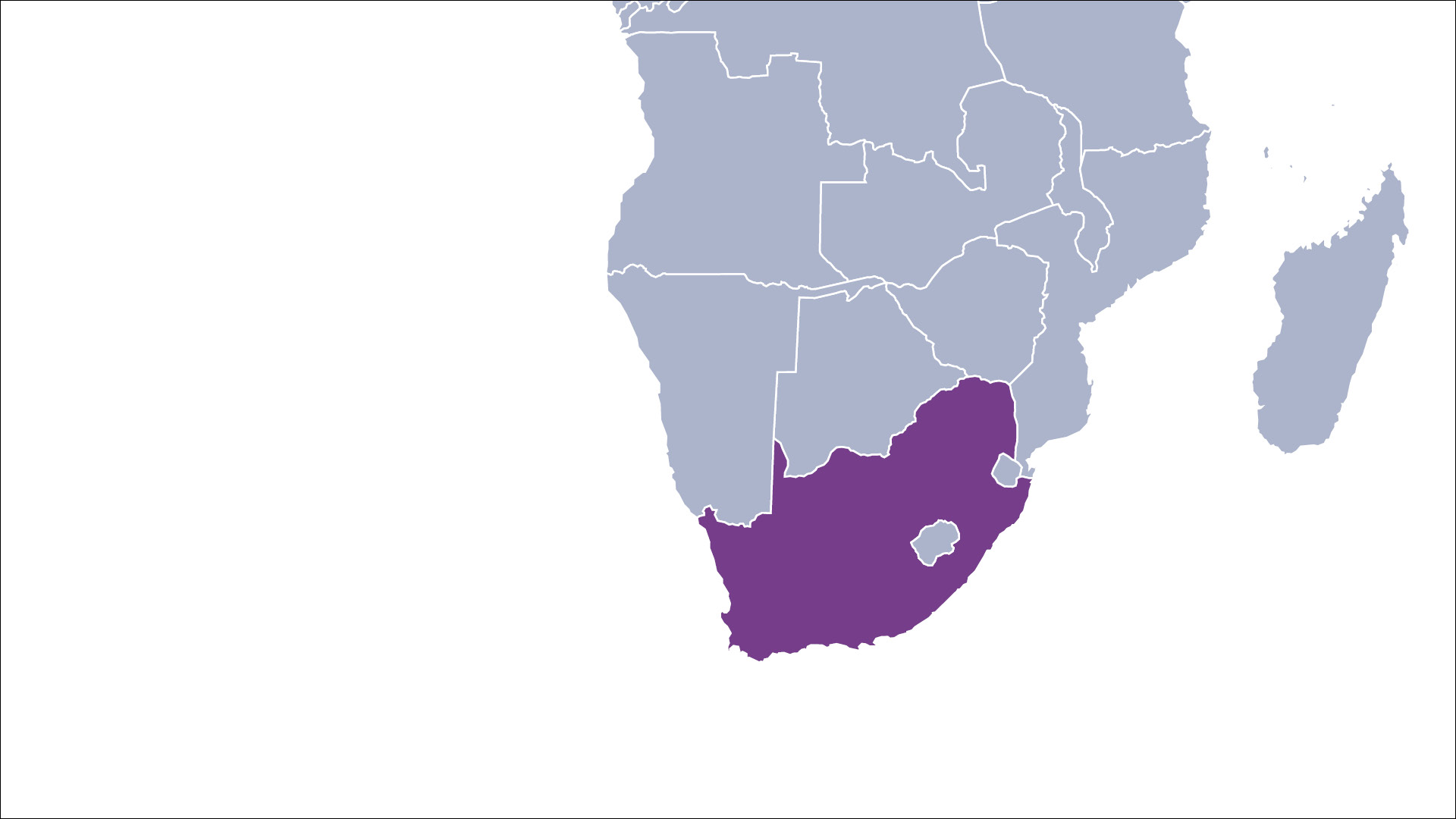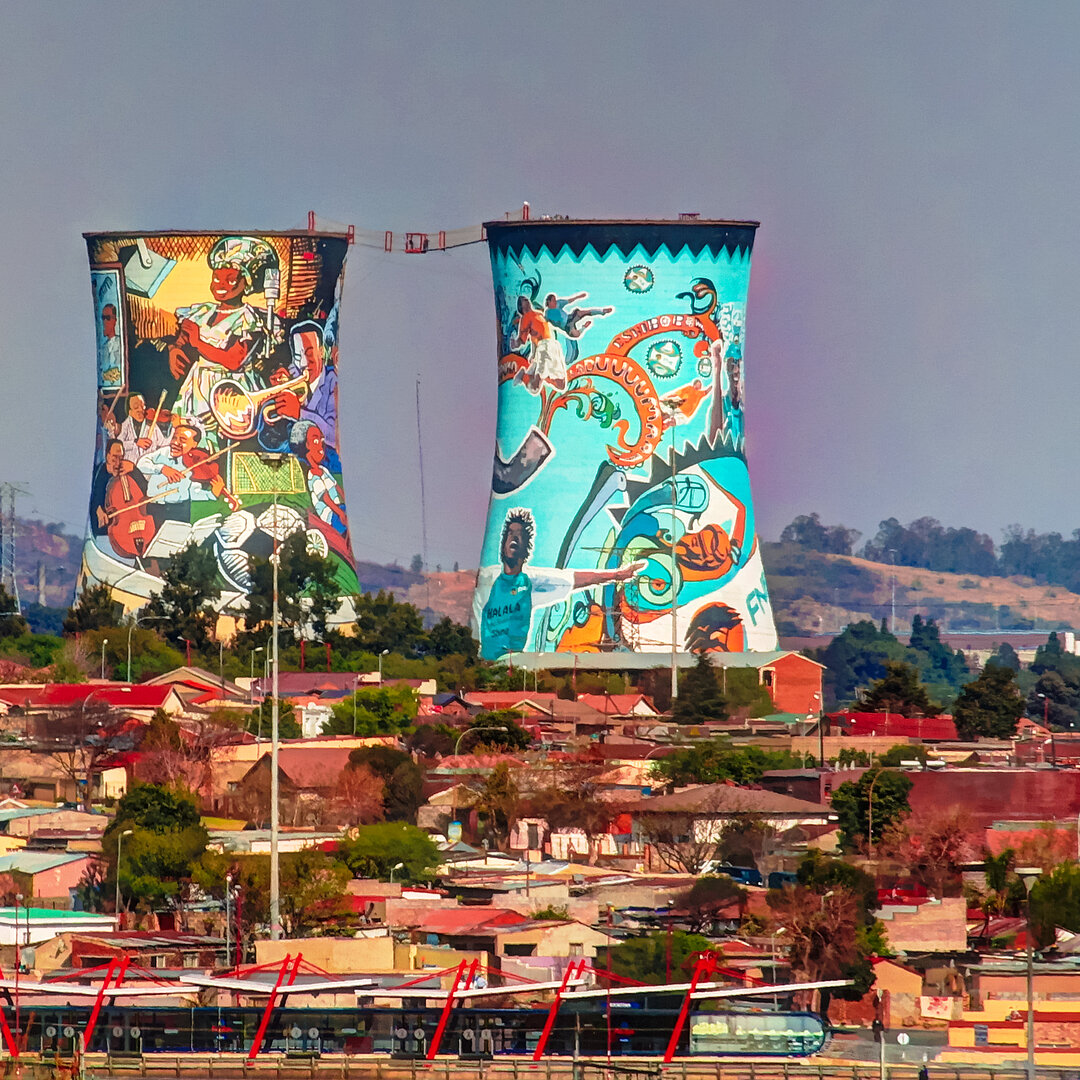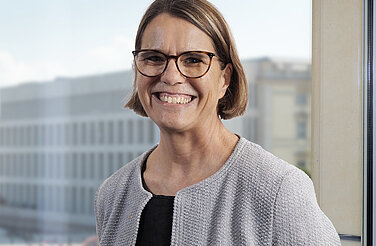South Africa
South Africa could become a successful case study for Africa's energy transition.

With over 80 percent of its electricity produced from coal in 2022, South Africa’s power sector is the most carbon-intensive in the world and the biggest energy-related source of emissions in Sub-Saharan Africa. Moreover, following years of poor maintenance and lack of investment, the South African power sector is facing severe challenges. Ongoing critical failures in the ageing coal power generation fleet result in rolling blackouts of up to 10 hours a day, while the state-owned power utility Eskom plans to retire more than 50 percent of its ageing coal fleet by 2035.
Against this background, and as the first country to form a Just Energy Transition Partnership (JETP) with France, Germany, the United Kingdom, the United States, and the European Union, South Africa has come into the international spotlight as a prominent test case in which international partnerships can support accelerated financing to support an energy transition. The quickest, low-cost pathway for South Africa to achieve energy security lies in gigawatt-scale renewable energy deployment. However, to harness the significant renewable energy potential, significant investment in transmission and distribution grid development is required. At the same time, the speed of deployment for wind, solar, and batteries must increase drastically. Thus, transforming South Africa’s power sector may have a significant impact regionally and globally.
Agora Energiewende cooperates with local partners on solutions for a successful energy transition in South Africa. This includes concepts on a power market design that can help secure the rapid switch to renewables. Together with Agora Industry, we develop detailed energy transition scenarios for South Africa with a focus on understanding how and which Power-to-X products can contribute to the decarbonisation of different sectors.


![[Translate to English:] Zaffar Hussain](/fileadmin/_processed_/a/e/csm_Zaffar_Hussain_WEB_7f01a9a6ec.jpg)
